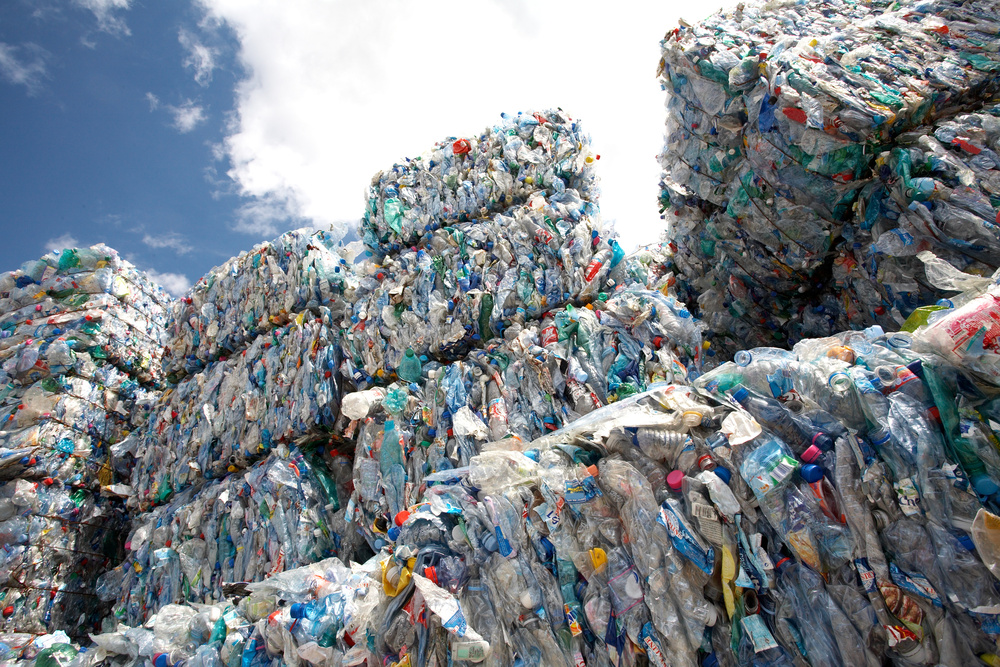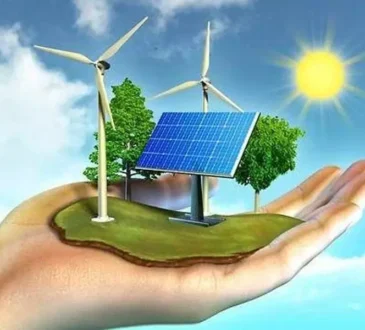
Whenever I read or hear someone talking about getting rid of consumer plastics, I am forced to shake my head in bewilderment. Even if I don’t physically do it, I do it in my mind. Why? Because eliminating consumer plastics is an oversimplified solution to a problem that doesn’t really exist. It is all wrapped up in a plastic conundrum that few are willing to talk about.
What is that conundrum? Our sheer dependence on plastic. No other manufacturing material has transformed the world quite like plastic has. Not concrete, not asphalt, not even composites. When it comes to sheer volume and dependence, nothing compares to plastic.
Just Look in Your Own Home
If you are not convinced about how pervasive plastic is, look at your own home. Spend an evening and do an honest inventory. Go through every item in your home and write down each one that contains any amount of plastic. And by the way, prepare yourself for some surprises.
Perhaps the world does produce too many single-use plastics. Maybe it is even possible to significantly reduce or totally eliminate them. But they are a drop in the bucket. When you consider all the consumer plastics present in our lives, the prospect of eliminating them becomes overwhelming by its impossibility.
Don’t Forget Commercial Plastics
Consumer plastics are just the start. Don’t forget industrial plastics, either. According to Seraphim Plastics, a company that buys and sells industrial plastic scrap, there is just as much commercial plastic in the world as there is consumer plastic.
Industrial plastics are things like plastic pallets, totes, dunnage trays, buckets, barrels, etc. There are also an endless number of plastic parts found in industrial equipment and tools. To do a true and complete inventory of all the industrial plastics in the world would be as impossible as eliminating them.
Plastic Is Literally Everywhere
The fact of the matter is that plastic is literally everywhere. It is in the car you drive and the plane that carried you to visit family during the holidays. Plastic is in your refrigerator, your stove, your dishwasher, and so on.
Your cell phone would not exist without plastic. Neither would your TV, your electric toothbrush, the many remote controls you have lying around the house, the fountain pen in your pocket, the eyeglasses on your face, and the carpet you walk on.
Here is another conundrum: we are stuck with plastic whether we like it or not. If we were to truly eliminate all plastic from society, we would have to turn the clock back to the pre-industrial era. That means returning to an agrarian culture, learning to make things ourselves, and giving up all the modern conveniences we now take for granted.
Fear Mongering Has Taken Its Toll
Unfortunately, there is an entire generation of young people who are now terrified that the combination of plastics and fossil fuels endangers their future. Neither one is any threat at all. Yet fear mongering by those with a political interest in crushing the petroleum and plastics industries has led people to believe otherwise.
Did you know that petroleum is organic? Did you know it is natural? It comes out of the ground; it is produced by the Earth itself. It’s just as organic as hemp and bamboo. Turning it into plastics is not a bad thing. And putting those plastics back into the ground we’re done with them isn’t bad, either.
The plastics conundrum is that we are wholly dependent on them. If given the opportunity, most of us would not willingly live plastic-free lives. So that’s that.




